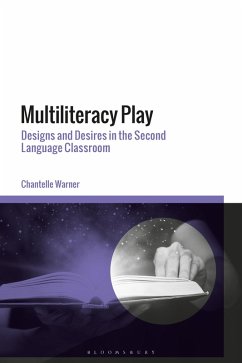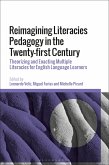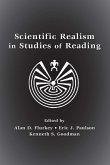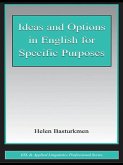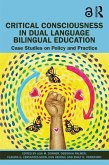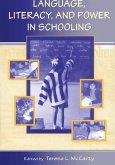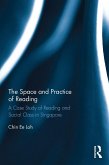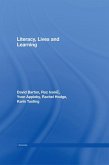This book proposes to expand multiliteracies frameworks in second language education, by recognizing that learning a new language and culture involves both designs and desires, the affects and emotions that feed our responses to particular ways of making meaning.
Over the past two decades, multiliteracies approaches to second language education have brought attention to the diversity of modes, media, language varieties, and discourses involved in what we often shorthand as language learning. A core concept in these discussions is the idea of meaning design, the idea that languages are dynamic, culturally-shaped systems of resources for engaging with and making sense of the world.
Building on these discussions and drawing inspiration and practical examples from a variety of modern language classes in higher education in the USA, the book demonstrates how poetic and playful language can be embedded in multiliteracies pedagogy in ways that foster learners' and teachers' awareness of designs, while also making space for desires that are harder to script or plan for. In addition to building a conceptual map around poetics and play for researchers and teachers in language education, the book offers concrete examples of what a multiliteracies approach emphasizing designs and desires can look like in classrooms and curricula.
Over the past two decades, multiliteracies approaches to second language education have brought attention to the diversity of modes, media, language varieties, and discourses involved in what we often shorthand as language learning. A core concept in these discussions is the idea of meaning design, the idea that languages are dynamic, culturally-shaped systems of resources for engaging with and making sense of the world.
Building on these discussions and drawing inspiration and practical examples from a variety of modern language classes in higher education in the USA, the book demonstrates how poetic and playful language can be embedded in multiliteracies pedagogy in ways that foster learners' and teachers' awareness of designs, while also making space for desires that are harder to script or plan for. In addition to building a conceptual map around poetics and play for researchers and teachers in language education, the book offers concrete examples of what a multiliteracies approach emphasizing designs and desires can look like in classrooms and curricula.

